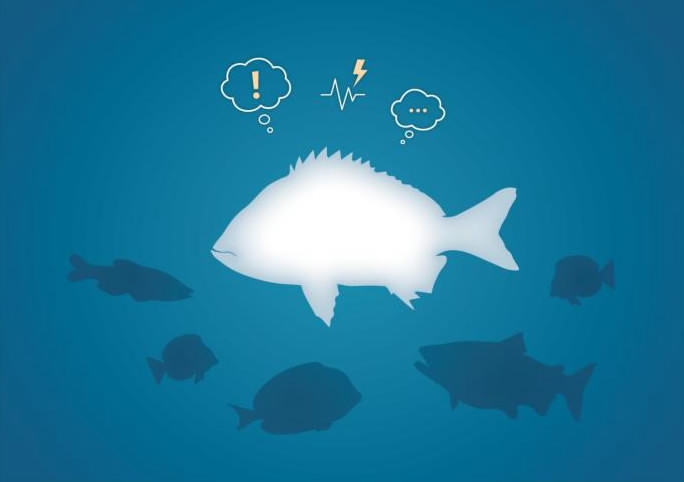
Tech & Sci
22:08, 29-Oct-2017
Emotional states discovered in fish: study

A research team has demonstrated for the first time that fish have emotional states triggered by the way they perceive the environmental stimuli.
It's not an easy task to evaluate the animals' emotional state, which is more than a feeling and characterized by behavioral, physiologic, neurologic and genetic changes. In fact, the occurrence of emotions in animals has been under debate.
However, the new finding, detailed recently in Scientific Reports, reveals that the ability to assess emotional stimuli may have a simpler neurologic basis than expected that was conserved throughout animal evolution.
"This is the first time that is shown that fish can trigger physiologic and neuromolecular responses in the central nervous system in response to emotional stimuli based on the significance that stimulus has for the fish," Rui Oliveira, lead researcher at the ISPA – Instituto Universitario, the Instituto Gulbenkian de Ciencia (IGC) and the Champalimaud Research (in Portugal), was quoted as saying in a news release.
Previous studies suggested that some animals, namely primates and other mammals, show emotional states, without knowing if this process is conscious or not.

A recent study shows for the first time that fish have emotional states. /VCG Photo
A recent study shows for the first time that fish have emotional states. /VCG Photo
The research team from Portugal now decided to investigate if fish – "simpler" animals that are more distant from humans in the evolution scale – respond emotionally to stimuli of their environment.
Researchers conducted the test in sea bream after the fish were trained under favorable or adverse conditions that could trigger an emotional state. They observed that fish responded differently to the same stimulus depending on the way they were assessing the stimulus.
The emotional reactions were monitored through the evaluation of interaction or escape behaviors among fish, measuring the levels of cortisol, a stress hormone, and assessing the brain areas that were activated and that are known to be associated with positive and negative emotional states, according to the study.
"The occurrence of the cognitive assessment of an emotional stimulus in fish means that this cognitive capacity may have 'computational' requirements simpler than what has been considered until now, and may have evolved around 375 million years ago," said Oliveira.
Source(s): Xinhua News Agency

SITEMAP
Copyright © 2018 CGTN. Beijing ICP prepared NO.16065310-3
Copyright © 2018 CGTN. Beijing ICP prepared NO.16065310-3